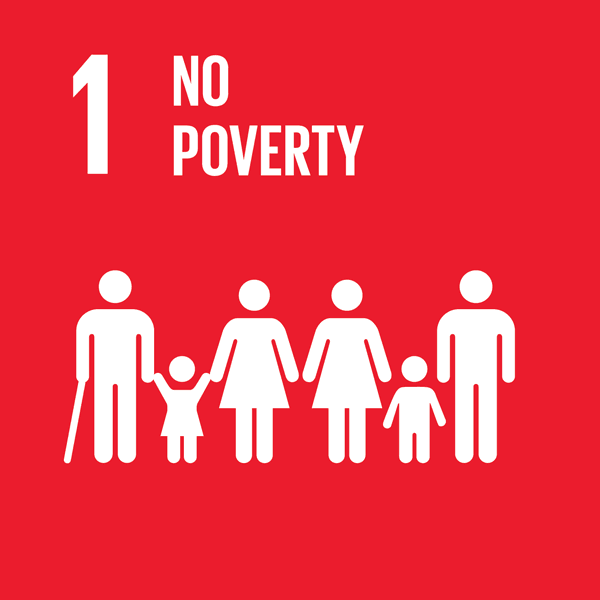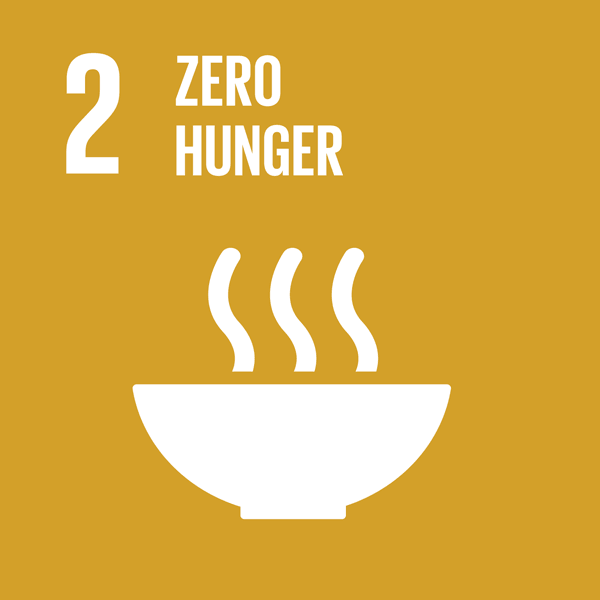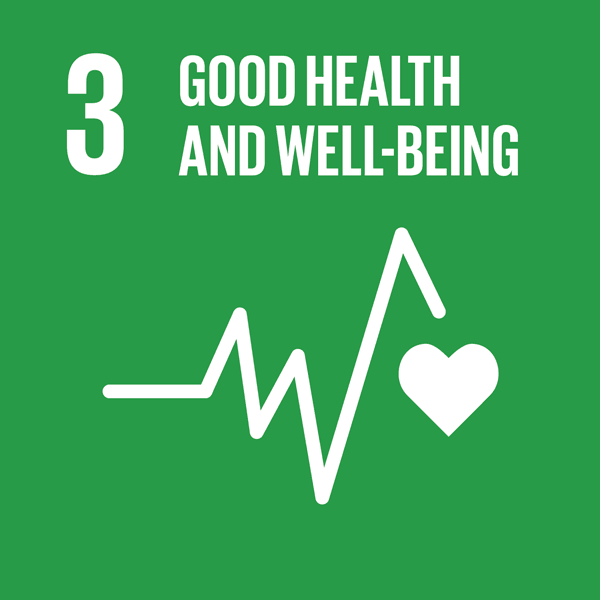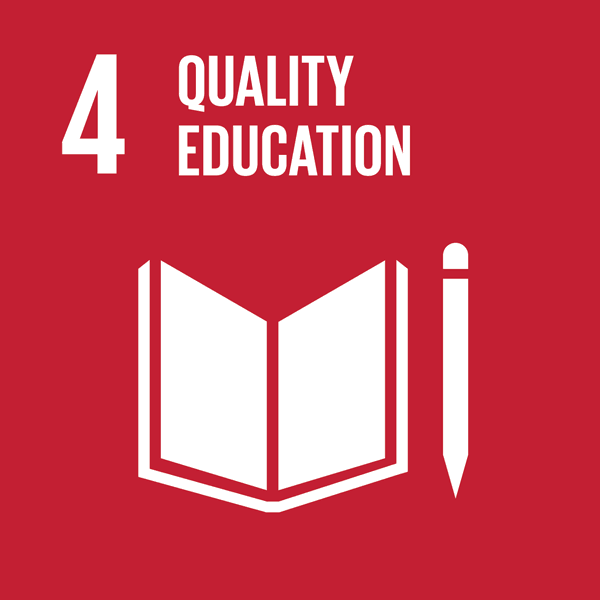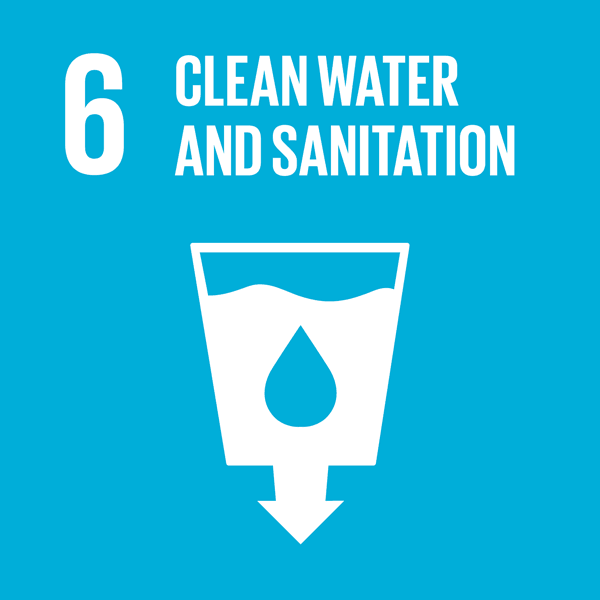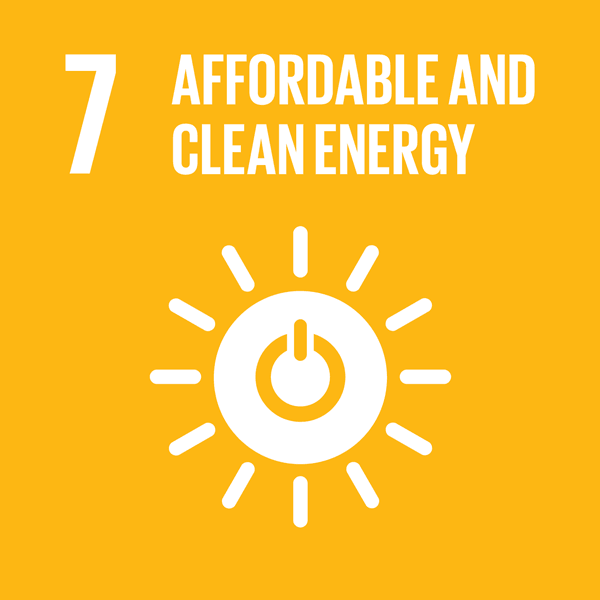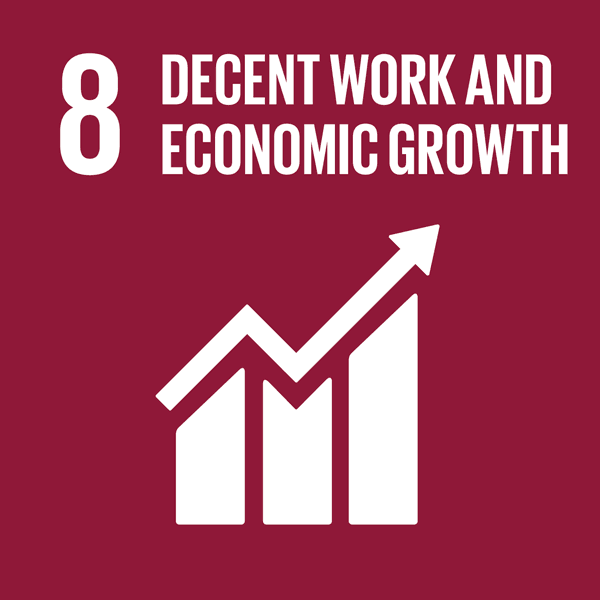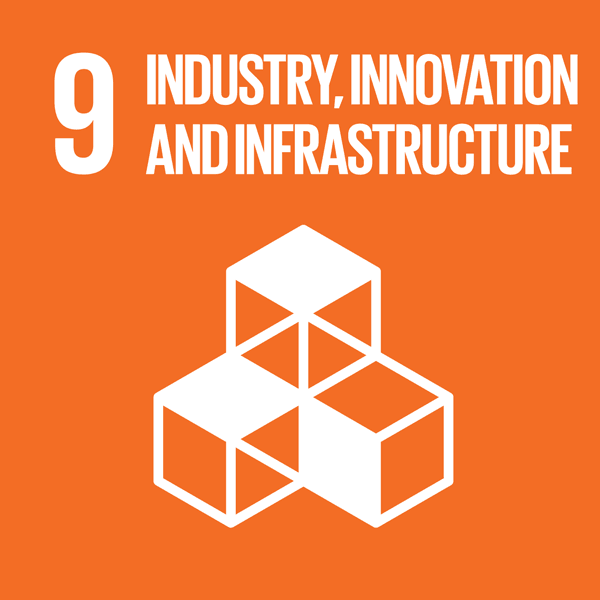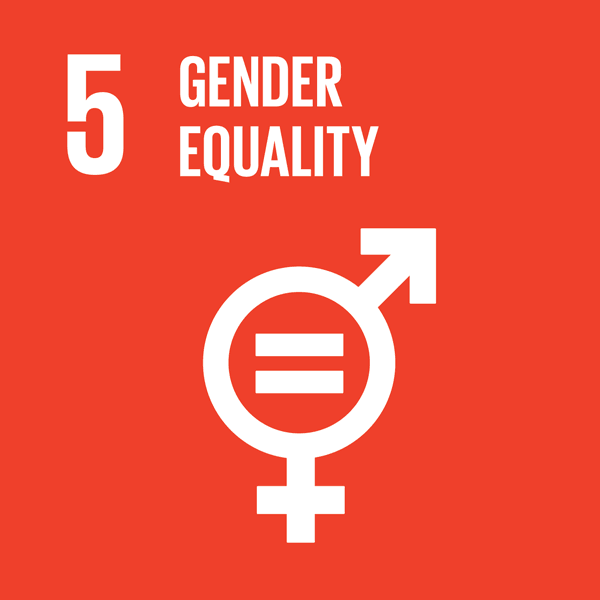
SDG Goal 5 - Gender Equality
Achieve gender equality and empower all women and girls
SDG 5 focuses on achieving gender equality by ending all forms of discrimination, violence, and any harmful practices against women and girls in the public and private spheres. It also recognises the importance of universal access to sexual and reproductive health and reproductive rights for combating gender inequality.
SDG 5 calls for equal rights, recognition and value of unpaid care and domestic work and access to economic and natural resources, technology, basic and financial services and property as well as full and effective participation and equal opportunities for leadership at all levels of political and economic decision-making for women. The adoption of sound policies and legislation to promote gender equality are seen as essential for eliminating gender discrimination and fostering women’s empowerment.
Links for more information:
CEN and CENELEC are committed to make Gender-Responsive Standards
Inclusiveness and Diversity are core values of the CEN and CENELEC system, a system that is open to all interested stakeholders who develop standards that equally beneficiate everyone, regardless of their profiles.
CEN and CENELEC are proud to join other national and international standardization bodies in making the standard development process more gender-responsive, and help achieve gender equality.
In May 2019, CEN and CENELEC officially signed UNECE’s Declaration on Gender Responsive Standards and Standards Development committing to making the standard development process, environment and deliverables more gender-responsive, and help achieve the SDG 5 ‘Achieve gender equality and empower all women and girls’.
A collective commitment for gender equality
Together with CEN and CENELEC, more than 20 National Standardization Organizations, members of CEN and CENELEC, individually signed the Declaration, pledging their own commitments (full UNECE list of signatories), thus increasing the UNECE Declaration impact and the reach of the gender responsive standards initiative.
CEN-CENELEC Gender Action Plan
To support this commitment, a CEN-CENELEC Gender Action Plan 2020-2022 was designed as an agile plan with a series of key actions that were kick-started in 2020 for a period of 3 years. This first GAP was built upon best practices, feedback and priorities identified by CEN and CENELEC Members.
Cooperation being a key element for success, the main action was the establishment of the CEN-CENELEC Informal Coordination Group on Gender Diversity & Inclusivity, open to all interested CEN and CENELEC Members. The group steers the activities around the topic, by promoting the Declaration, raising awareness to the European Standardization Community, exchanging views, ideas, experience and best practices, and ensuring the link between initiatives at national and international levels for complementary outcomes.
In November 2022, the CEN and CENELEC Administrative Boards approved the CEN-CENELEC Gender Action Plan 2023-2025, which also reflects the broader CEN and CENELEC Strategic objective for an Inclusive system as laid out in the CEN-CENELEC Strategy 2030 (Goal 4).
The Plan is articulated around 3 key pillars that will allow to further embed Gender-responsiveness in the CEN and CENELEC system, with a strong focus on complementing global activities:
- Awareness-raising and capacity-building activities within the European community, exchange of best practices, peer guidance, and mutual support
- Supporting tools for technical experts by assessing the materials developed at global level and formulate recommendations to the CEN and CENELEC governance for their possible adoption at European level
- Review policies and regulations and formulate recommendations to the CEN and CENELEC governance for changes that foster a systemic and sustained consideration of gender equality in the European standardization system
Sectoral initiatives
In parallel to the Gender Action Plan, CEN and CENELEC are also engaged in several European initiatives for Gender equality in key sectors of common interests, such as:
- Cybersecurity: CEN-CENELEC supports the activities of the Women4Cyber Foundation, a non-profit European private foundation with the objective to support the participation of women in the field of cybersecurity in Europe.
- Energy: CEN-CENELEC participate in the Women Energy Club (WeClub), an informal network of women based in Brussels and advocating for European energy issues.
In addition, CEN and CENELEC are members of the EC Equality Platform for the Energy Sector since 13 September 2022 and endorse the Declaration on equal opportunities for all in the energy sector (more information).
Resources
- Webinar recording ‘Gender Responsive Standardization: supporting gender equality through standards’
- Webinar recording ‘Inclusive European Standardization: the case of Gender’
- Press Release ‘CEN and CENELEC Signed UNECE's declaration on Gender Responsive Standards and Standard Development’
- Video: CEN and CENELEC and the Gender-Responsive Standards Initiative
- UNECE eLearning module dedicated to Gender-Responsive Standards
- How to be Gender-Responsive in Standardization : discover how to develop gender-responsive standards with CEN and CENELEC’s essential guide.
